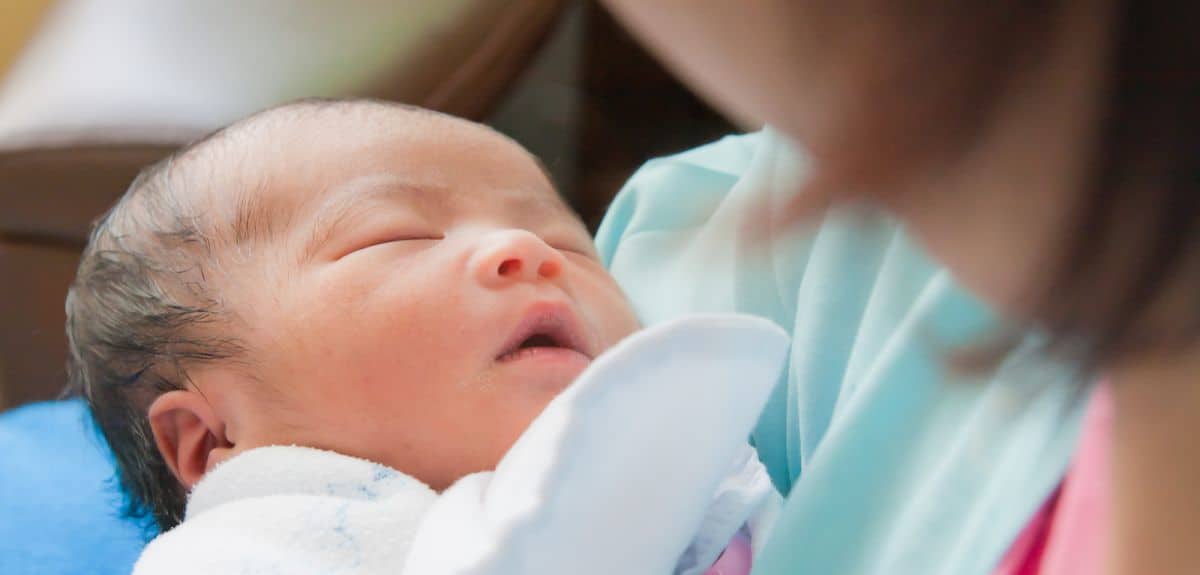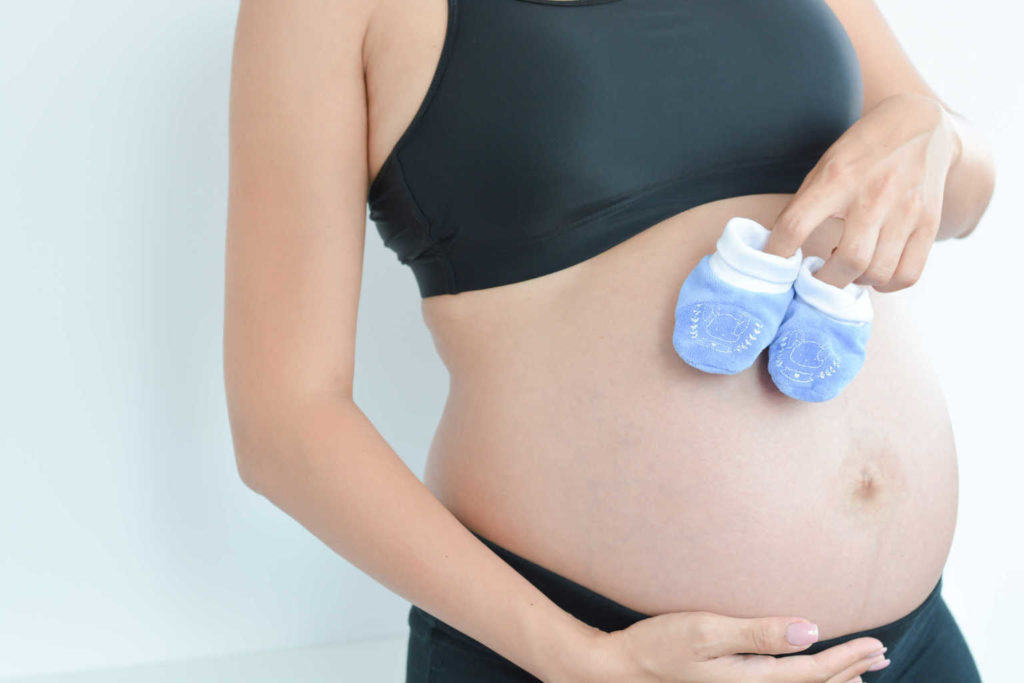Contents:
- Medical Video: 12 Naughty Babies Who Ruined Their Parents Perfect Photoshoots.
- What causes BAB in the womb?
- The danger is if the baby defecates in the womb
Medical Video: 12 Naughty Babies Who Ruined Their Parents Perfect Photoshoots.
As a new prospective mother, there must be some things that make you curious. You must have thought whether it is possible for a baby to have a BAB in the womb? If yes, is this dangerous for you and your prospective child? See the following article review.
What causes BAB in the womb?
During the womb, babies need a variety of membranes to meet their needs. There are four membranes needed by the baby while in the womb. One of them is the allantoic membrane which is a cord-forming membrane. Inside the allantois there are blood vessels that are responsible for sending food and metabolic remnants such as urea and carbon dioxide, which the mother will then release.
So if you ask, can the baby defecate while still in the womb? If in the form of dirt, the answer is no. However, metabolic remnants in infants are released through blood vessels that are in this allantois, to be removed through the mother's sewer.
However, if the intake of oxygen and food in the fetus is hampered due to a twist of the umbilical cord or umbilical cord by the fetus, the anus of the fetus will weaken so that the feces come out and the baby defecates in the womb. This can also occur in an overdue pregnancy (42 weeks). Because the age of the fetus in the stomach is too old, the digestion of the fetus begins to function so that the baby defecates in the womb.
As a result of the fetus that defecates the amniotic fluid becomes contaminated and can cause poisoning to the fetus because the dirt is swallowed by the fetus and enters the lungs. Amniotic water that is brownish green indicates the possibility of a BAB in the womb.
The danger is if the baby defecates in the womb
Meconium Aspiration Syndrome or MAS is a baby syndrome that has difficulty breathing shortly after birth. The case of MAS in the world occurs in around 5-20% of all births.
The reason is because the baby in the womb is choking on mekonium or baby feces mixed with amniotic fluid. This liquid enters the baby's lungs and blocks the airway so that the baby cannot breathe normally.
The risk of babies experiencing MAS increases if the baby lacks oxygen while in the womb, or if the mother has diabetes and high blood pressure. Usually babies who experience MAS will be seen from greenish amniotic fluid and meconium found in it. The baby's skin is blue which indicates he has a respiratory problem. Babies will have difficulty breathing, such as gasping and the most dangerous thing is to stop breathing.
This symptom is seen when the baby is born. Usually the doctor will immediately bring the baby to the NICU (Neonatal Intensive Care Unit), help him breathe with the help of a machine, and turn on the warmers to maintain his body temperature. If handled quickly and precisely, this syndrome can be cured.
Babies in the womb are very dangerous because this will cause Meconium Aspiration Syndrome or MAS. Make sure you always pay attention to pregnancy. Consult your doctor immediately if there is something unnatural that you feel during pregnancy.












